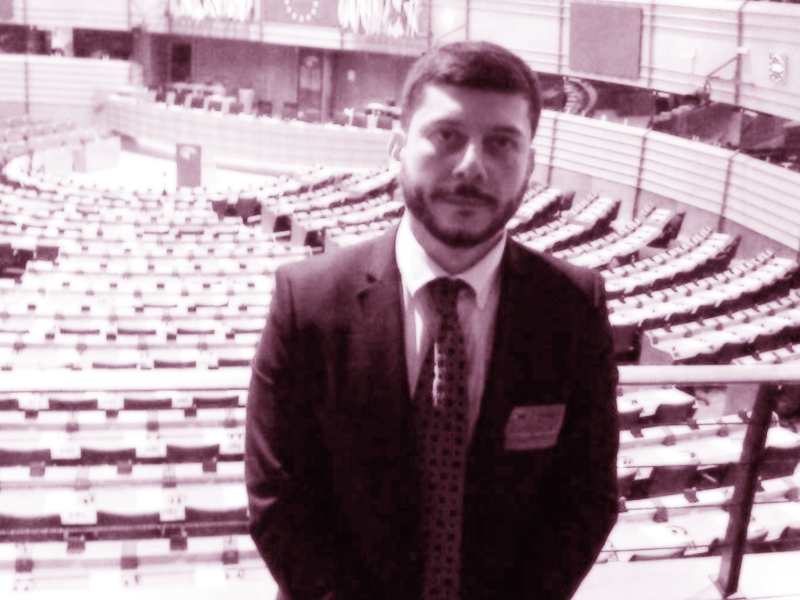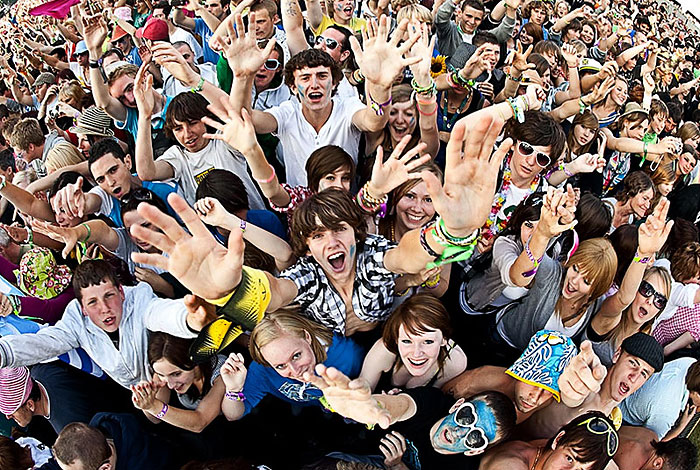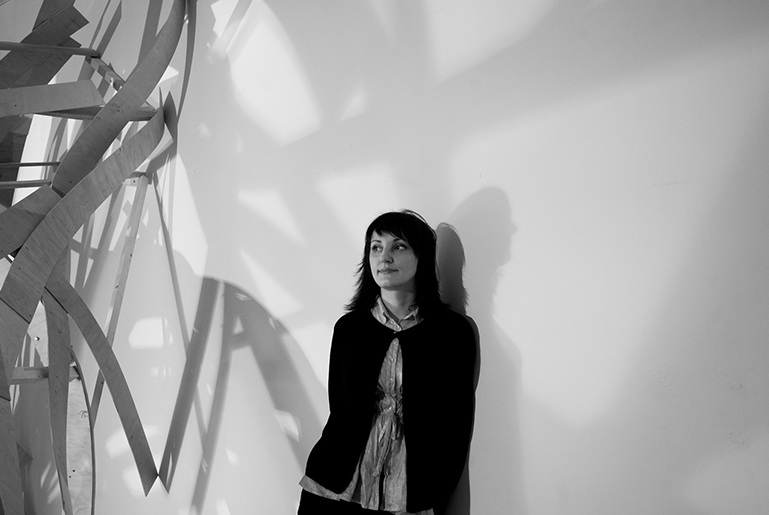
Yvelin Karu-Veskioja: “In the modern world, it is important to be more open and think globally”
Would you tell us first about your professional background. What kinds of projects have you worked with throughout your career?
I call myself a professional bureaucrat [laughs] because in more than 15 years of my professional career we have prepared a huge number of applications, not only for the Culture and Creativity Programme, but also for the most varied projects in various spheres, ranging from construction of kindergartens to the implementation of scientific projects in education. And this is far from being an exhaustive list of projects. I’ve been working at the Creative Europe Desk Estonia since its establishment, i.e. from the end of 2013.
Since we’re talking about Creative Europe, what are the programme’s main goals and objectives? What are the main opportunities that it offers to people and organisations from the cultural and creative community?
Creative Europe is primarily designed for international collaboration. Therefore, even if you can bring to life certain projects on your own, for the implementation of the majority of projects you would need partners from other countries.
Collaboration also involves knowledge sharing. On the one hand, you need partnership for that. On the other, partnership offers more opportunities to learn and try something new in the process of communication with colleagues from other countries and, naturally, cultures.
It is very important to discover something new and innovative, or organise the activities of cultural institutions in a new way in order to find new audiences and interact with them. And, of course, it is important to advertise and promote your project, find people interested in culture and willing to come up with innovative solutions.
Ukraine joined Creative Europe just recently and now we have our own national desk. What new opportunities are now available to Ukrainian cultural and creative institutions as a result of its launch?
All of the programme’s national desks are created to solve two of the most important objectives that are of utmost importance to cultural organisations.
The first one is knowledge and know-how. This is precisely what participants will need when applying. Thus, the help of the national desk in invaluable since its employees have access to all other national desks in various countries.
Secondly, the desk’s employees will be able to help Ukrainian cultural and creative institutions in finding partners because all European countries and organisations working to promote European countries are also looking for partners through the national desks network. They submit their idea to the national desk in their country, and this national desk subsequently shows it to all other national desks. This is where projects and partnerships start.
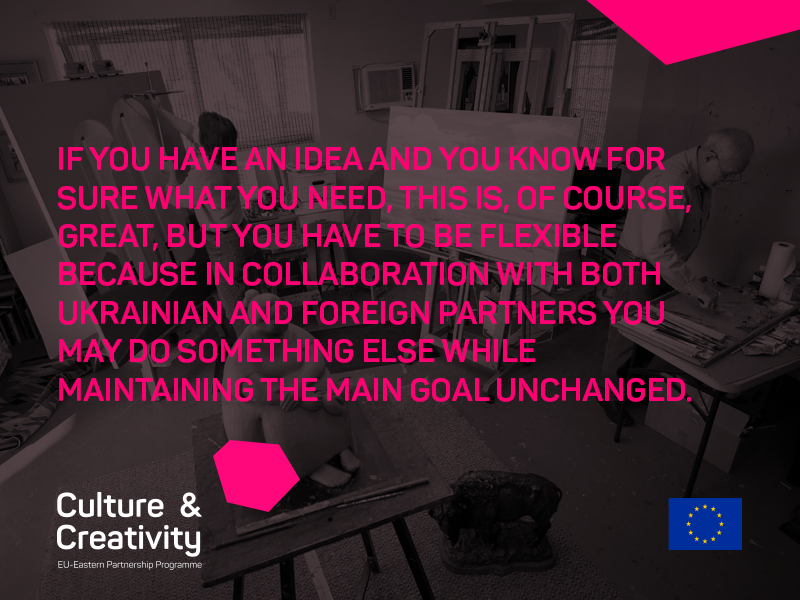
Based on your experience of considering applications of Ukrainian organisations, which ones would you say are strong and which ones are weak, and why? What would you advise cultural and creative institutions to primarily pay attention to when applying?
I can say that the best applications from Ukraine that I have seen were from organisations that already had experience of successful international projects and international collaboration. They really stood out from the others.
It’s no secret that with experience of collaboration with international or foreign organisations you get very valuable experience and knowledge in addition to an understanding of project structure and key principles of partnerships within the framework of a project.
Because it is not enough to simply say that we in Ukraine need this and that. International collaboration means that institutions should truly be beneficial for one another. But Ukrainian cultural and creative organisations, of course, have their own strengths, unique experience that other countries don’t have and that Ukraine can share with others.
I would also note that some of the Ukrainian applications that I’ve seen presented clearly excellent ideas, but it was also clear that the organisations lacked experience, which obviously would be a stumbling block to the implementation of their ideas.
That means that you can’t make it on the strength of an idea alone?
Naturally. For a successful application it is also important to have international partnership, and a number of other factors play a role too.
In other words, lack of international partnerships remains a weakness of Ukrainian cultural and creative institutions for the now?
Yes, I would say yes.
As far as I know, Creative Europe was founded in 2014 for the period of 2014-2020 and its total budget is €1.5 billion. What is this money spent on?
The programme’s total budget is divided into three parts: one part is allocated to the Culture subprogramme, another one to the Media subprogramme aimed at supporting the audiovisual sector. The third part of the budget, which is a very small part, is earmarked for the Guarantee Facility (a tool to facilitate access of cultural and creative sectors to finance), which is a guarantee of sorts for banks. Owing to this, they can easily lend to cultural and creative organisations, something that they were not doing before.
The programme covers the period to 2020. Let’s try to imagine how the global cultural sphere will look like by that time. How will the concept of “culture” change by 2020?
The main thing is that integration between different cultures and different countries will intensify.
This means that our cultural institutions have to learn to take part in international projects starting now?
Of course.
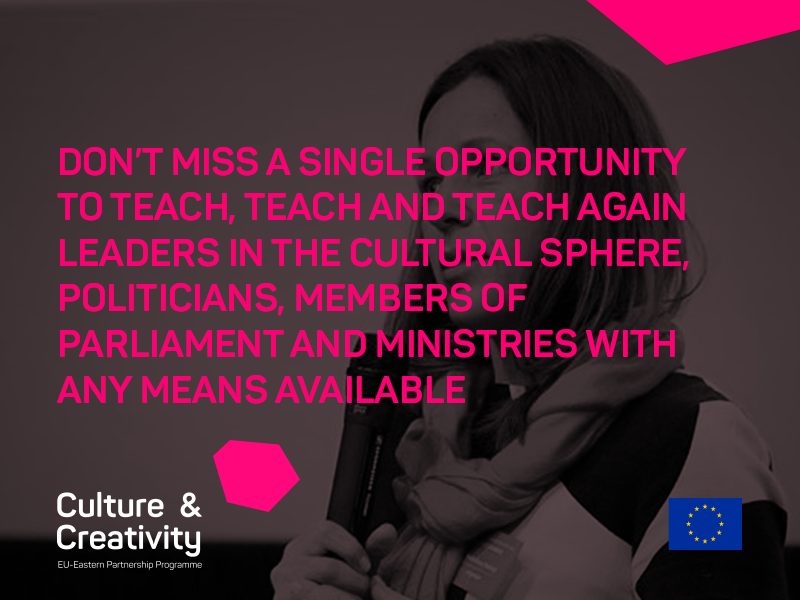
What else can (and should) countries do for the effective development of their cultural sphere? Perhaps there is some list of universal requirements for the development of culture?
I think it is necessary to be open to new opportunities, develop creative thinking and learn different ways of bringing your ideas to life. It is necessary to see how this corresponds to your activities, what you will take from this for yourself, or how you can do something differently to obtain a different result. In the modern globalised world it is important to be more open and to think globally.
Let’s talk about Ukraine in this context. What do you think makes Ukraine unique among other European countries and how can we make the most of that?
Unfortunately, I am not very familiar with Ukrainian local context and haven’t had time yet to see much in Kyiv. You know, I think, Ukraine has great potential for the emergence of new talents. And if these new talents and new generations – I don’t necessarily mean “new” as in age-wise, but rather their way of thinking... If these generations have new opportunities and are more willing to implement good ideas, and to do this jointly with foreign partners, I think this will help Ukraine to be successful.
What kind of support or help, in your opinion, do Ukrainian cultural and creative organisations need most of all?
I think they need help to find partners, to join some new or already existing network of collaborating institutions in this sphere. Sometimes they also need help in preparing a project and in implementing it.
In addition, they also need support in the broader sense of the word, for example, knowledge about how to carry out projects not only within the Creative Europe framework could be useful for them. This knowledge will also open up new opportunities for them.
As you may know, there is a war in Ukraine. How should we develop culture in such conditions?
Of course this is precisely the time for Ukraine to develop culture!
I’m from Estonia. I believe everybody knows that we supported you and your people during the revolution. And, undoubtedly, we were not the only ones who did. We only had in mind thinking and culture. Such questions did not even occur to us!
Also, to answer your question, I would like to note that the European Commission or EC only recently adopted the document whose main message is the ever-greater inclusion of culture in international relations in order to promote the economic and political development of countries. This means that the importance of culture in Europe has been recognised at the topmost international level.
Ukraine probably has to now put all its efforts into growing cultural leaders who would be able to change Ukraine in some time?
Yes, but you need political leaders as well as cultural ones.
What do you think could help us bring together people from different sectors such as culture, politics, economy, and establish effective collaboration?
Take Estonia for example. Look not just at culture but also at the creative industry as a whole. We started in our country with raising awareness. Don’t miss a single opportunity to teach, teach and teach again leaders in the cultural sphere, politicians, members of parliament and ministries with any means available.
What are the three things that in your opinion should be a priority for Ukrainian culture and creative industry at the moment?
More collaboration: both among Ukrainian organisations and with international partners. You can start collaborating with your neighbours. You lack flexible thinking in your work.
If you have an idea and you know for sure what you need, this is, of course, great, but you have to be flexible because in collaboration with both Ukrainian and foreign partners you may do something else while maintaining the main goal unchanged. Therefore, yes, more flexibility and understanding.
Learn more. Learn how to start your project, learn languages, because without English it is generally very difficult to collaborate and work with others.

